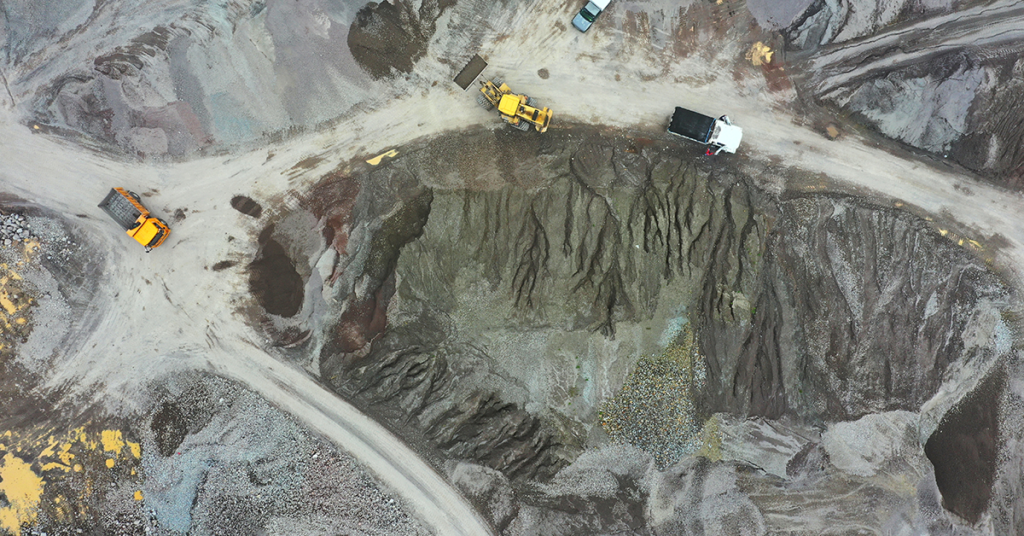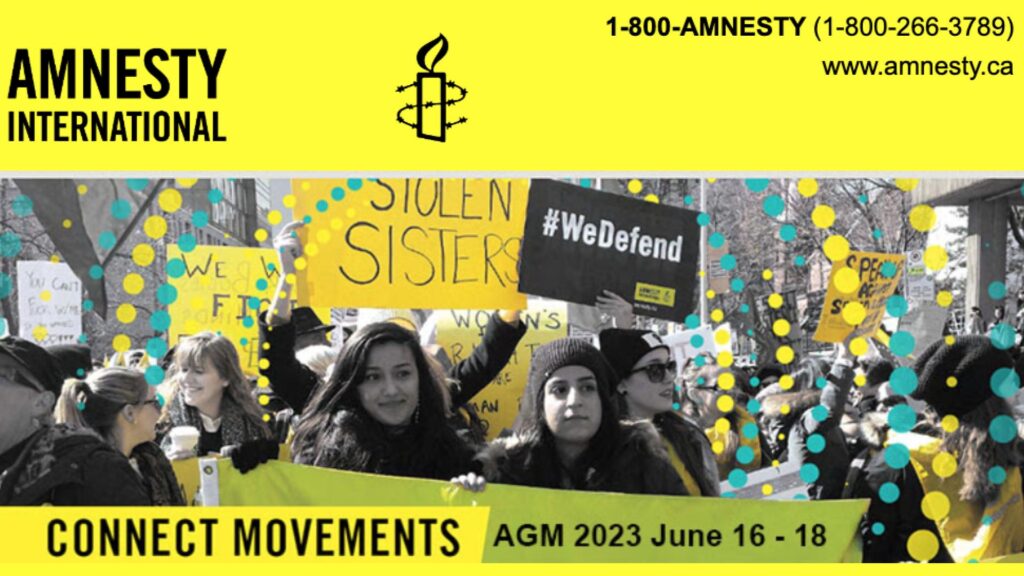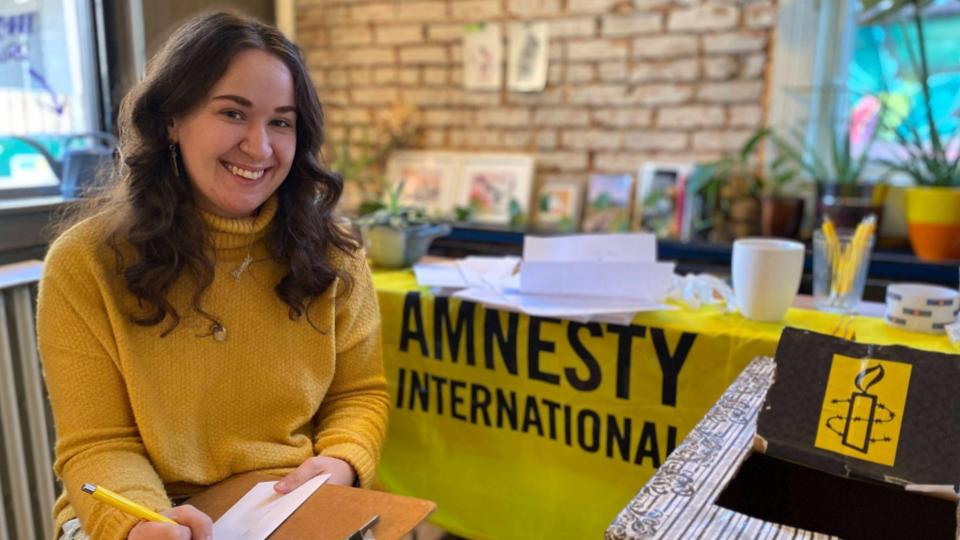Written by: Foster Adamu and Dickson Awuku Bekoe
As Canada and Ecuador finalize their trade agreement, a growing number of human rights organizations are raising concerns about the potential consequences of this deal. While the agreement aims to expand economic ties and increase Canadian mining investment in Ecuador, the reality on the ground paints a far more troubling picture.
The new trade deal has sparked significant controversy regarding its inclusion of investor-state dispute settlement (ISDS) mechanisms, which allow foreign investors to sue governments for policies that harm profits. This provision is seen as a direct violation of Ecuador’s constitution, which explicitly bans such practices. Despite the finalization of the agreement, it has not yet been ratified, leaving room for potential revisions. Human rights organizations and Indigenous communities continue to voice their concerns, arguing that the deal prioritizes corporate interests over human rights and environmental protection.
The Human Cost of Mining Investments
The Canadian government has stated that one of its main objectives in trade negotiations with Ecuador is to promote Canadian mining investment through a “modern, ambitious, and inclusive trade agreement.” However, Indigenous communities and environmental activists in Ecuador argue that existing Canadian mining projects have already led to serious human rights abuses, environmental destruction, and violent repression of protesters.
One recent incident puts the spotlight on these concerns. On March 19, 2024, Ecuadorian police allegedly used rubber bullets and tear gas to disperse protests against Canadian mining company Atico Resources’ La Plata project in Cotopaxi province. Reports from Ecuadorian human rights organizations indicate that at least 15 people were injured, one person remains in a coma, and more than 70 protesters were charged with terrorism-related offences—an alarming move that many view as an attempt to criminalize dissent. Read Amnesty Canada’s report on the incident here [Link].
Indigenous Voices Demand Consultation and Consent
Indigenous communities have also voiced strong opposition to the Ecuadorian government’s attempts to push forward environmental consultations on mining projects. These consultations, which are meant to assess the environmental impact of new mining activities, have been criticized as mere formalities used to justify expansion rather than genuine efforts to address community concerns.
The exclusion of Indigenous peoples from the negotiation process is one of the most significant criticisms of the Canada-Ecuador trade talks. Communities directly impacted by mining projects have not been meaningfully consulted, even though their land, water, and way of life are at stake. In response, Ecuadorian Indigenous leaders and human rights defenders have appealed directly to the Canadian government to intervene. Amnesty International has also raised the alarm [Link], highlighting a pattern of human rights violations linked to mining operations in Ecuador. Amnesty’s latest reporting warns that Indigenous rights are being undermined, and security forces are using excessive violence against land defenders and environmental activists.
In October 2024, a delegation of Indigenous women leaders from Ecuador travelled to Canada to voice their concerns. These women, representing various Indigenous nations and environmental groups, met with Canadian government officials, parliamentarians, and civil society organizations to demand that no trade deal be finalized without free, prior, and informed consent from affected communities.
Among them was Zenaida Yasacama, Vice-President of the Confederation of Indigenous Nationalities of Ecuador (CONAIE), the country’s largest Indigenous rights organization. Others included Fanny Kaekat, a leader from the Shuar Arutam People, and Ivonne Ramos, an environmental activist from Acción Ecológica. Their message was clear: Canadian mining investments are fueling human rights abuses, and a trade agreement that expands these projects without proper oversight will only make the situation worse.
The Call for Accountability
Amnesty Canada and other organizations are calling on the Canadian government to ensure that any trade deal with Ecuador includes strong human rights and environmental protections. Their demands include:
- Meaningful consultation with Indigenous communities before any agreement is finalized.
- A credible, independent human rights and environmental impact assessment of the trade agreement.
- Commitments to uphold Indigenous land rights and protect activists from violence and criminalization.
Canada has an opportunity to demonstrate leadership by ensuring that trade agreements do not come at the expense of human rights and environmental protection. If the Canadian government truly seeks a “modern, ambitious, and inclusive” trade deal, it must listen to the voices of those most affected. Otherwise, this agreement risks becoming yet another example of economic growth prioritizing corporate profits over human dignity and environmental sustainability.
Conclusion
The Canada-Ecuador trade negotiations have the potential to reshape economic relations between the two countries. However, without serious safeguards, this deal could further entrench human rights abuses, environmental degradation, and social conflict in Ecuador. As Indigenous leaders and human rights organizations continue to speak out, the question remains: Will Canada prioritize justice and accountability, or will economic interests take precedence over human rights?
The world is watching.


